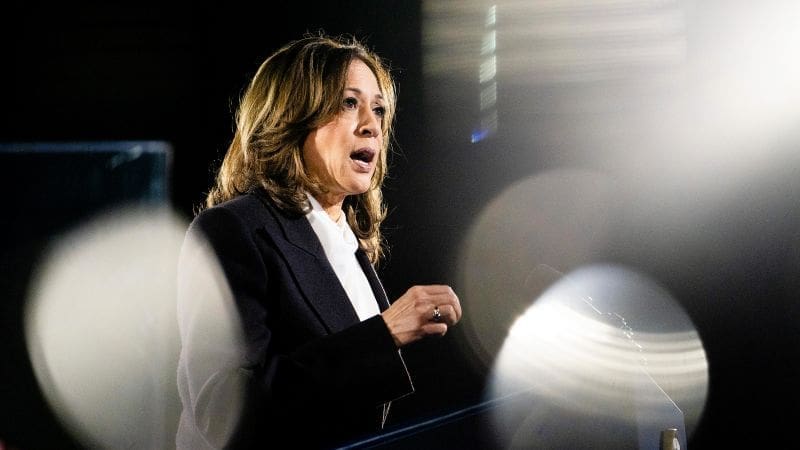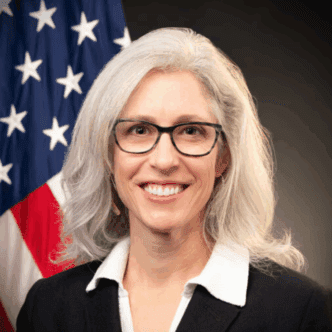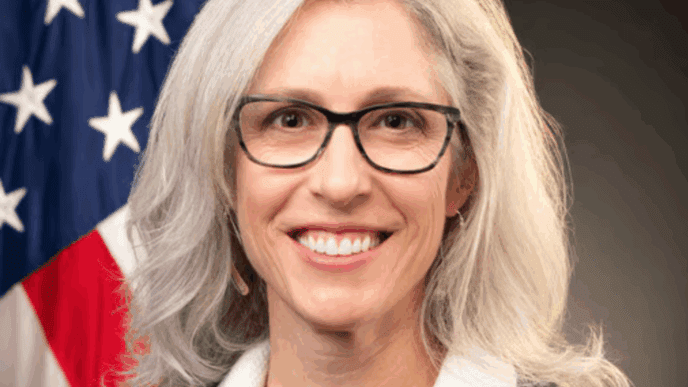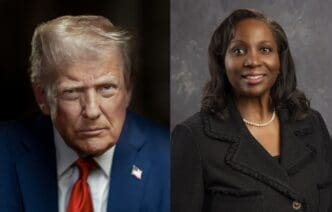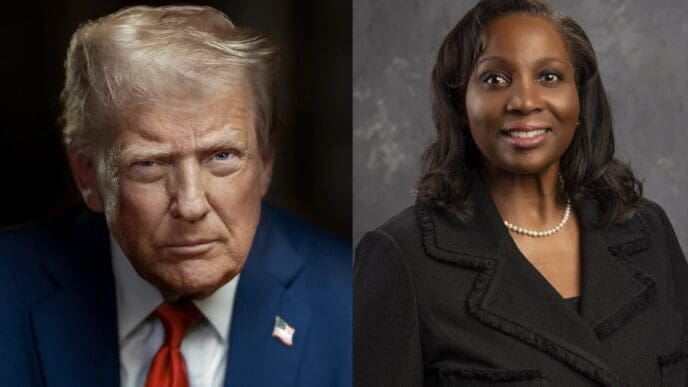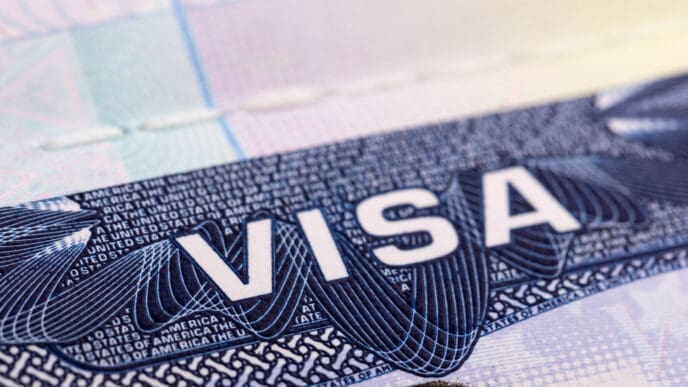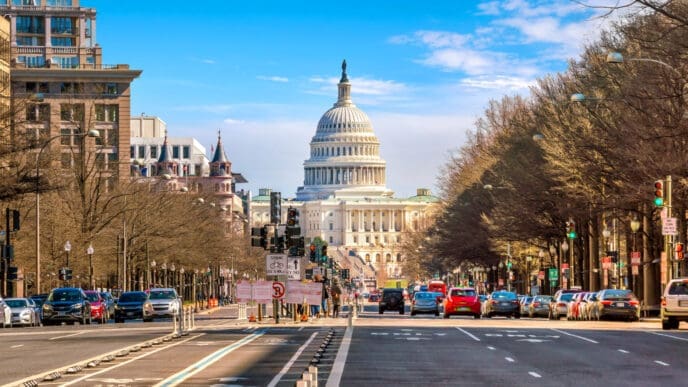In a significant political event, Kamala Harris, the first female Vice President of the United States and a historic figure in American politics, was projected to lose the 2024 presidential election to former President Donald Trump. Harris had reached several milestones in her career, marking numerous firsts as she navigated through her roles.
Kamala Harris, nominated as the Democratic Party’s presidential candidate, officially accepted her nomination at the Democratic National Convention, making history as the first Black woman and Asian American to lead a major-party ticket. Earlier in July, she announced her candidacy following President Joe Biden’s withdrawal from the reelection race. Biden’s exit was unprecedented, and Harris swiftly garnered the party’s support as the successor endorsed by Biden himself.
Harris’s candidacy symbolized a progression from her tenure as the first female Vice President, a role she assumed in January 2021. Her early life was also marked by a blend of cultures, being the daughter of Jamaican and Indian immigrants. This multicultural background saw her participating in both Baptist and Hindu religious practices. Harris has spoken about her upbringing with her mother Shyamala, whom she cites as a significant influence, demonstrating the importance of community and service.
[instagram-embed-display instagram_id=’3g64_Qrv3_’]
[twitter-embed-display twitter_url=’https://twitter.com/KamalaHarris/status/1144427976609734658′]
Her professional journey began with legal roots, graduating from Howard University and subsequently serving as San Francisco’s District Attorney from 2004 to 2011. Harris made notable strides as California’s Attorney General from 2011 to 2017, breaking barriers as the first African American, the first woman, and the first Asian American to occupy the position. Her law enforcement role saw her addressing issues like gun violence and social justice, engaging communities across California.
Harris’s senatorial career began in 2017, as she became the first Indian American and the second African American woman in the U.S. Senate. Her time in the Senate included involvement in significant discussions, such as those regarding the role of social media in election interference and civil rights advocacy.
Her 2024 presidential campaign, partnered with Minnesota Governor Tim Walz as her running mate, saw various high-profile endorsements and events. Harris managed to resonate with diverse demographics through her campaign trail across the United States, emphasizing unity and her vision for the future of America.
Harris’s personal narrative includes actions such as participating in civil rights discussions, officiating the weddings of same-sex couples, and addressing significant national issues like healthcare and immigration. However, despite her efforts and the support she rallied, the election concluded with Trump’s victory.
Reflecting on her defeat, Harris delivered her concession speech at Howard University, expressing her disappointment but also reaffirming her belief in America’s enduring promise. She had urged supporters to continue striving for the country’s ideals, focusing on hope and perseverance despite the outcome.
Kamala Harris’s campaign for the presidency was a landmark in American politics, characterized by her trailblazing role as a leader encompassing diverse cultural and professional backgrounds. Despite the election result, her journey continues to inspire many, reflecting resilience and the ongoing pursuit of equality and representation in political spaces.

